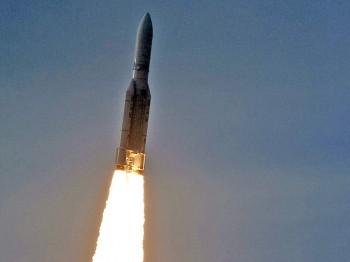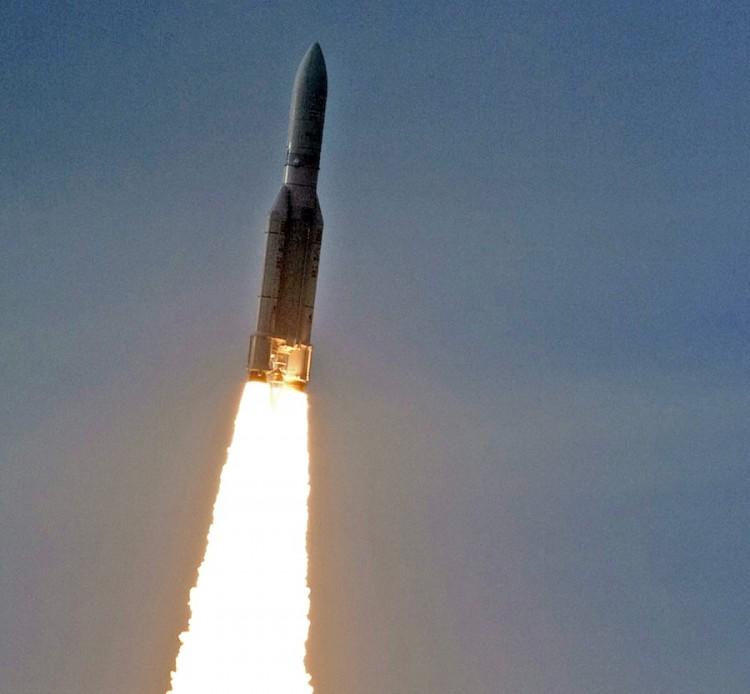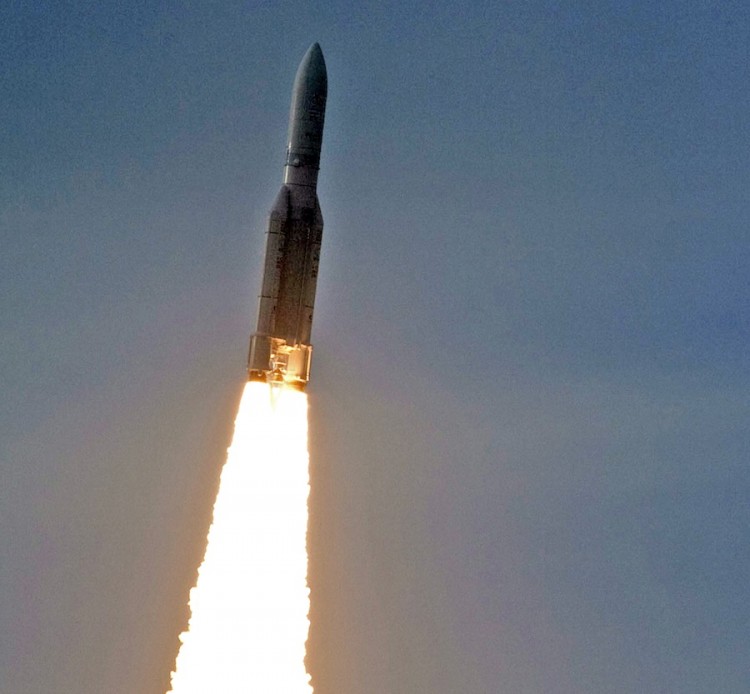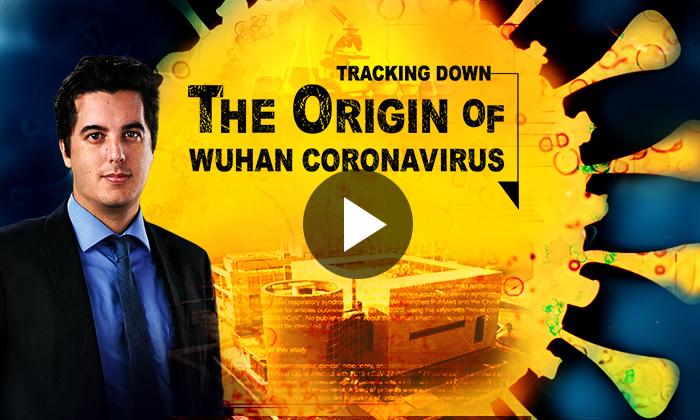Independent TV Station’s China Broadcasts Remain in Jeopardy
Taiwan’s premier appeared to give a green light to an independent TV station to continue broadcasting into mainland China, but the open road for the moment seems to have turned into a stone wall.

INFORMATION PAYLOAD: A rocket carries Chunghwa Telecommunications's ST-2 satellite into orbit, on May 20 in French Guiana. Chunghwa seeks to prevent NTD AP from using ST-2 to continue broadcasting uncensored news and information into China. Jerome Valette/Getty Images

Stephen Gregory
Publisher
|Updated:





